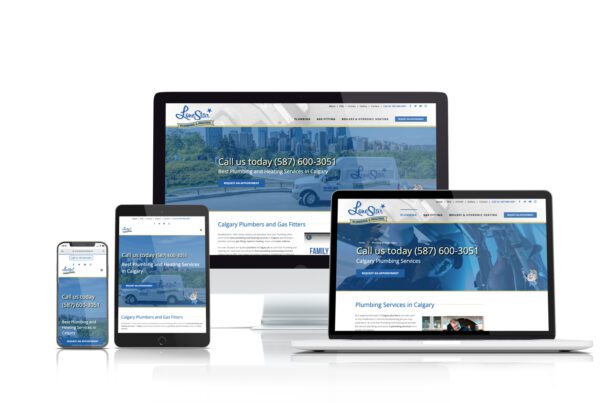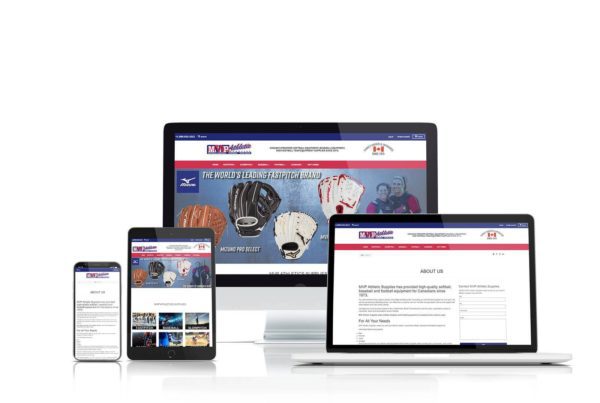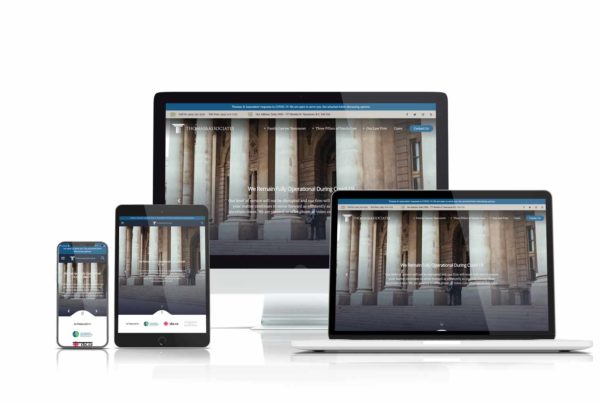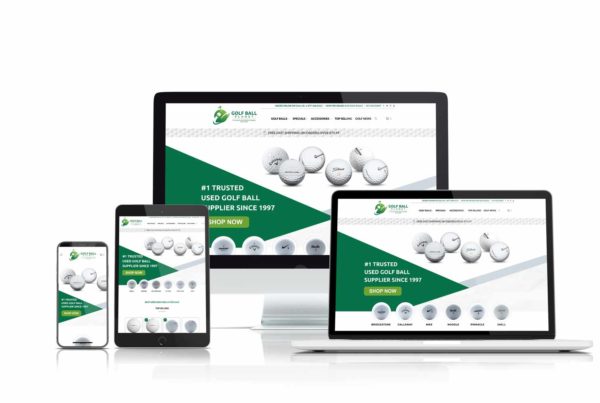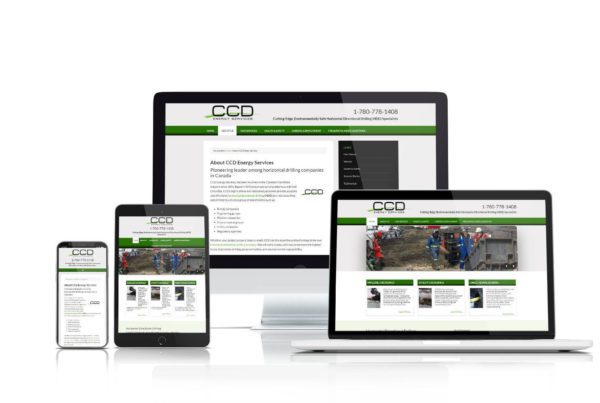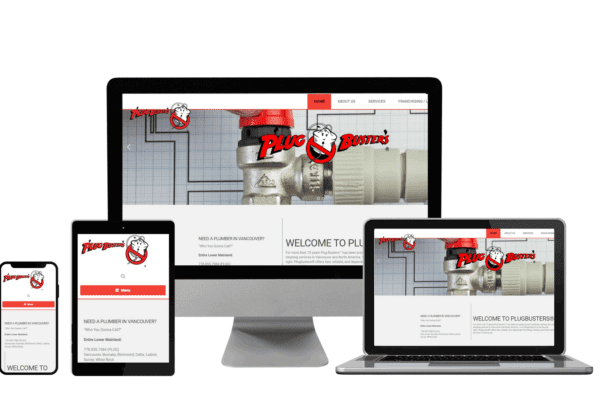SEO and Digital Marketing Services proven to drive metrics you care about since 1996.
Your Trusted SEO Company in Vancouver
Schedule a FREE Consultation
Why Choose Us As Your SEO Company?
Helping Grow Companies Across Canada & The USA
Conversions & metrics tailored to growing your business & profits.
Our SEO and PPC experts tailor the conversions we target to what really matters to your individual business. We don’t chase vanity metrics like site traffic or user engagement for the sake of it: we zero in on what you need to get more leads, and drive towards that.
Performance reports you can understand, with info you can use.
You know your industry, but might not know ours. Our marketing reports are designed to give non-marketing personnel the performance and ROI information they care about up-front, while maintaining all the details those interested in the data will love.
From Local Vancouver Marketing Services in 1996 to North America.
We’ve spent the last few decades successfully collaborating with B2B and B2C business across North America to develop marketing strategies, increase brand awareness, and generate high quality leads.
No long term contracts: our work speaks for itself.
Our services have NO long-term contracts – everything is month to month. It’s not rocket science, if you are happy and like our work, clients keep working with us.
Your website, your accounts, your content. Always.
You will always have ownership and control over your logins, passwords, website, creative content, data, domains, hosting, analytics, 3rd party plugins, and ad campaigns. We will never lock you out or charge you for access, even if we part ways.
Upfront pricing & no hidden fees. What you see is what you get.
Published pricing & labor rates on all services. Per-minute billing on maintenance to fix anything that you need on your website, hosting, marketing, analytics & tech support.
We hire the best, to give you the best digital marketing service
We know SEO, Project Management, PPC advertising, website design, content development, analytics reporting, email marketing automation, social media. We are AI enabled, but content is still king. You get professional writing by our staff, who have English master’s degrees, are published authors, editors, and are (CTA) specialists.
Customer service you can count on, from real humans.
When you call, we provide good old-fashioned customer service, with a real person answering the phone. We don’t put you on long holds, cut you off, or transfer you overseas.
Your website, your accounts, your content. Always.
You will always have ownership and control over your logins, passwords, website, creative content, data, domains, hosting, analytics, 3rd party plugins, and ad campaigns. We will never lock you out or charge you for access, even if we part ways.
Upfront pricing & no hidden fees. What you see is what you get.
Published pricing & labor rates on all services. Per-minute billing on maintenance to fix anything that you need on your website, hosting, marketing, analytics & tech support.
We hire the best, to give you the best digital marketing service
We know SEO, Project Management, PPC advertising, website design, content development, analytics reporting, email marketing automation, social media. We are AI enabled, but content is still king. You get professional writing by our staff, who have English master’s degrees, are published authors, editors, and are (CTA) specialists.
Customer service you can count on, from real humans.
When you call, we provide good old-fashioned customer service, with a real person answering the phone. We don’t put you on long holds, cut you off, or transfer you overseas.
Industries Our SEO & Local SEO Experts Specialize In
Our Digital Marketing Services & Core Competencies
Is Our SEO Agency The Right Fit?

Our Vancouver SEO company makes it easy for potential customers to find you online. SEO is the practice of optimizing your website to rank higher on major search engine results pages such as Google & Bing. Our local SEO experts help you outrank your competitors on Google and Bing, increase traffic to your website, and most importantly bring more leads/sales to your business.

Your website is your digital storefront, open 24/7. But a pretty facade isn’t enough: you need a website that works as hard as you do. A well-designed and SEO-optimized website not only looks great, but is functional, responsive, and will be more visible to your customers on search engines. Whether you are looking to build a website from scratch, or would like to update your existing site, our web design UX and content development team will help your website generate more traffic, and gain more qualified leads, than your competitors.

You know those Google Ads you see when you’re browsing the web that seem like they were picked just for you? Well, they were. That’s PPC Google advertising. These ads target specific keywords, locations, and platforms in order to reach the people most likely to purchase your product or service. Our PPC advertising services include keyword research, text ad and landing page creation, budget management, tracking and measuring success, and in-depth reporting.

Our strategy development and website audit consulting makes it easy for customers to learn, understand and vet out their online marketing plans, goals and overall approach. Meeting in depth with our experts ensures a solid plan around the implementation of your digital marketing budget to improve brand performance, increase traffic to your website, and strengthen your online lead generation and or sales.

Reporting and analysis brings your plan together. Setting up the industries best analytics, and then customizing it, to provide you with a user-friendly dashboard to see the data that you want, rather than sifting through thousands of reports each month. By setting up lead tracking (especially call tracking and form tracking) we help you determine your marketing ROI by enabling the attribution of converted leads to traffic sources. Managing the results of your marketing expense puts you in charge of seeing what is working best.
A Vancouver SEO Agency Qualified to Bring You Results
We Did Literally Write The Book On SEO After All
Over 150 of the Top Private and Public Education Institutions in North America Trust our Experienced Vancouver SEO experts and Digital Marketing efforts. Why May You Ask? Because Their Universities and Colleges Teach Their Classes Using Textbooks Authored by our CEO Through our Sister Company Mujo.com.
Shawn Moore (the founder of ThinkProfits.com) has written, co-authored, produced, and published dozens of teacher manuals and textbooks helping educate over 20,000 Students. The ThinkProfits.com team are all contributing editors to these textbooks. These are the same SEO experts who will be providing digital marketing & SEO services for your business.

















